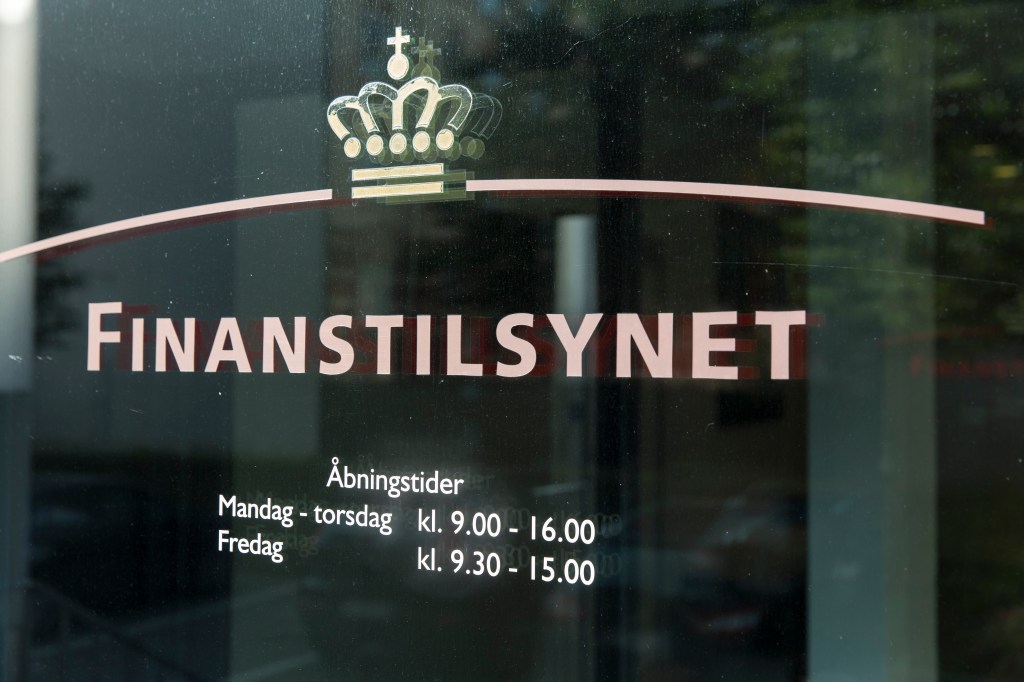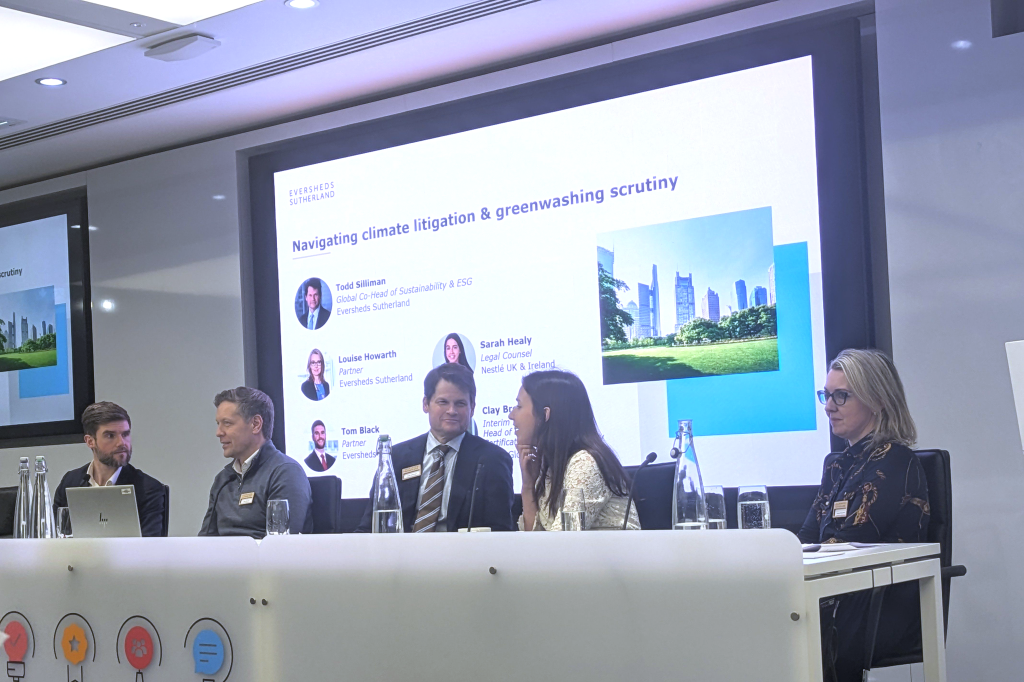This year’s Global RegTech Summit took place in London on May 20, and was attended by experts and guests from a wide range of industries from finance to technology.
One of the many interesting panels focussed on managing regulatory change, and discussed innovations and strategies that could help firms manage that
Register for free to keep reading
To continue reading this article and unlock full access to GRIP, register now. You’ll enjoy free access to all content until our subscription service launches in early 2026.
- Unlimited access to industry insights
- Stay on top of key rules and regulatory changes with our Rules Navigator
- Ad-free experience with no distractions
- Regular podcasts from trusted external experts
- Fresh compliance and regulatory content every day













